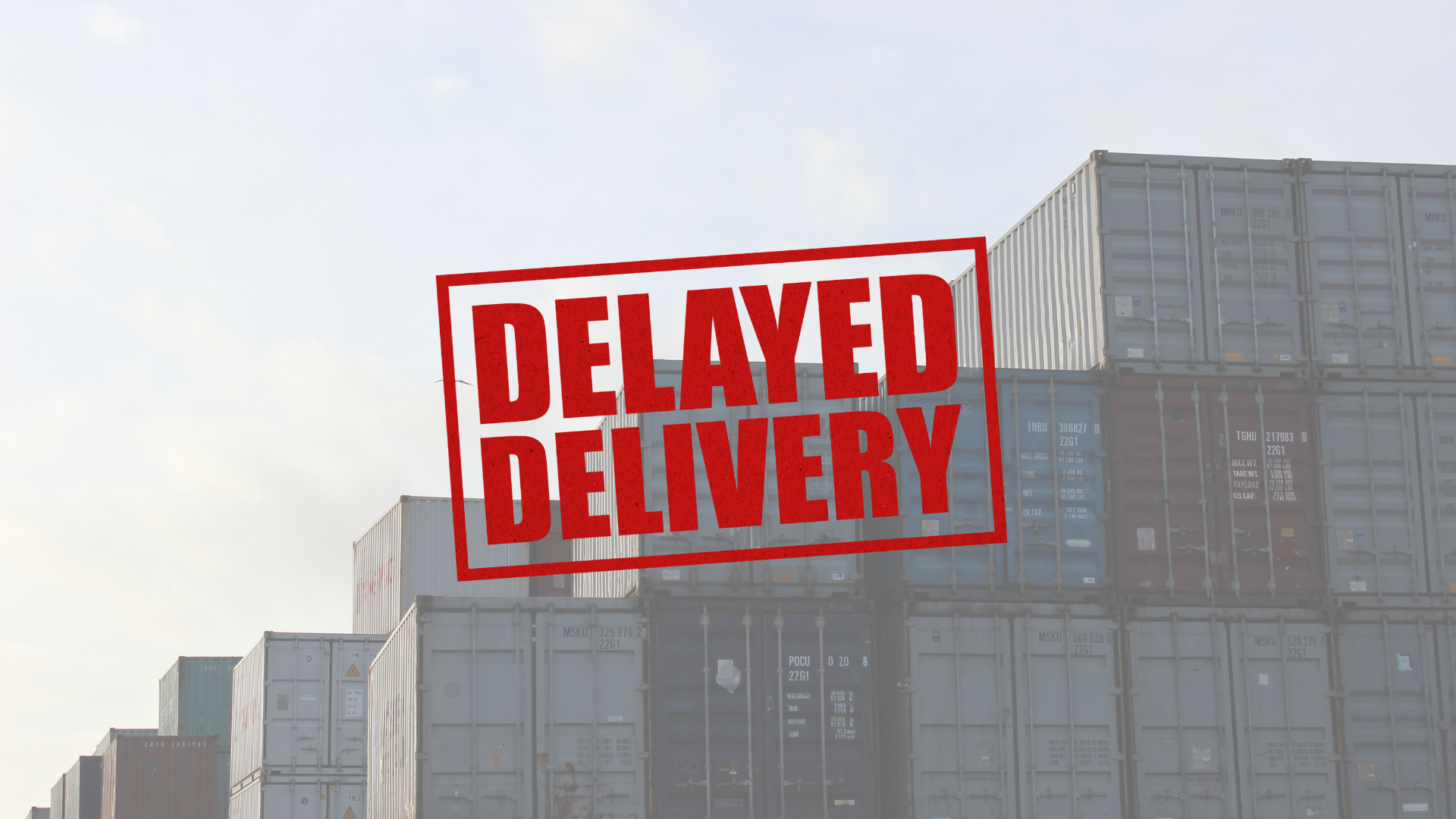Future-Proofing Your Supply Chain: Insights from TPM24
SeaVantage recognizes the significance of staying ahead of the constantly changing shipping and logistics industry. That's why we're excited to share key takeaways from the recent Transpacific Maritime Conference (TPM24), where industry experts shed light on the challenges and opportunities shaping today's trade landscape. TPM24 brought together industry leaders and experts to discuss the evolving risks in today's trade landscape. One of the standout sessions featured former US Secretary of Defense, Dr. Robert Gates, whose insights provide valuable guidance for shippers in navigating these uncertain times.
Diversification: A Strategic Imperative
Former US Secretary of Defense, Dr. Robert Gates, highlighted the critical need for diversification in supply chain strategies. While China remains a key player, strategic investments in additional locations such as India, Vietnam, and the Philippines are essential for mitigating risks and ensuring flexibility. At SeaVantage, we're committed to helping our clients explore new sourcing opportunities and diversify their supply chains effectively with the help of our partners.
Contingency Planning: Building Resilience
In today's geopolitically charged world, robust contingency plans are no longer optional – they're a necessity. It is now even more important for companies to develop customized contingency plans that safeguard operations and minimize disruptions. Dr. Gates emphasized the importance of revisiting and reinforcing these strategies to ensure resilience in the face of uncertainties.
Global Awareness: Staying Informed
Staying informed and vigilant is key to navigating the intricate web of global trade. Our team at SeaVantage understands the importance of regular monitoring and staying updated on global issues. By keeping our finger on the pulse of the industry, we help our clients anticipate and address potential impacts on their ocean supply chain proactively.
Economic Outlook and Container Shipping Trends
The economic outlook for shippers is filled with challenges, including supply chain delays, rising prices, and geopolitical tensions. Capacity disruptions in key regions further complicate matters, affecting spot and contract rate prices. We keep a close eye on these trends and provide our clients with strategic insights to optimize their shipping strategies and mitigate risks.
Decarbonization Initiatives: Embracing Sustainability
Decarbonization is no longer just a buzzword – it's a priority for shippers worldwide. With proactive measures in the EU and reactive responses in the US, businesses are increasingly focused on reducing carbon emissions. We're committed to supporting our clients' sustainability goals by offering innovative solutions and expertise in CO2 calculation and emissions reduction strategies.
Conclusion
TPM24 provided invaluable insights into the complexities of today's trade landscape. By embracing diversification, reinforcing contingency plans, staying informed, and prioritizing sustainability, shippers can navigate these challenges with confidence. At SeaVantage, we're here to partner with you every step of the way, providing personalized solutions to meet your unique shipping and logistics needs. Together, we can build a more resilient and sustainable future for global trade.
최근 몇 년 동안 기업들은 원자재 수급 차질, 물류 지연, 운송 비용 급등과 같은 문제에 직면하며 공급망 불안정성을 실감하고 있습니다. 이러한 불확실성 속에서 기업들은 단순한 비용 절감을 넘어, 리스크를 최소화하고 예측 가능성을 높이는 방향으로 공급망 관리(Supply Chain Management, SCM)의 패러다임을 전환하고 있습니다.
선박 충돌은 단순한 해양 사고를 넘어 해상 물류 전반에 연쇄적인 피해를 초래하는 고위험 리스크입니다. 본 글에서는 실시간 데이터 기반 예측과 SeaVantage 솔루션을 통해 이러한 충돌 위험을 사전에 감지하고 효과적으로 대응하는 전략을 소개합니다.
화물 운송 지연은 단순한 일정 변경이 아니라 기업의 수익과 신뢰도에 직접적인 영향을 미칩니다. 복잡한 글로벌 공급망을 운영하는 기업이라면 화물 운송 지연으로 인해 추가 비용 발생, 계약 불이행, 고객 만족도 하락 등의 문제가 발생할 수 있습니다.
Discover how IoT cargo monitoring reduces spoilage, damage, and delays across industries. Learn how real-time visibility with SeaVantage protects shipments and improves logistics performance.
Extreme weather is disrupting ocean shipping more than ever, causing delays, rising costs, and supply chain chaos. Discover how real-time visibility tools like SeaVantage help logistics teams predict and adapt to storms, droughts, and port closures—keeping cargo on track and businesses ahead of disruptions.
Discover how poor speed and draught management in shipping can lead to skyrocketing fuel costs, compliance risks, and operational inefficiencies. Learn actionable strategies to optimize vessel performance and save millions.



.svg)
.png)






.png)